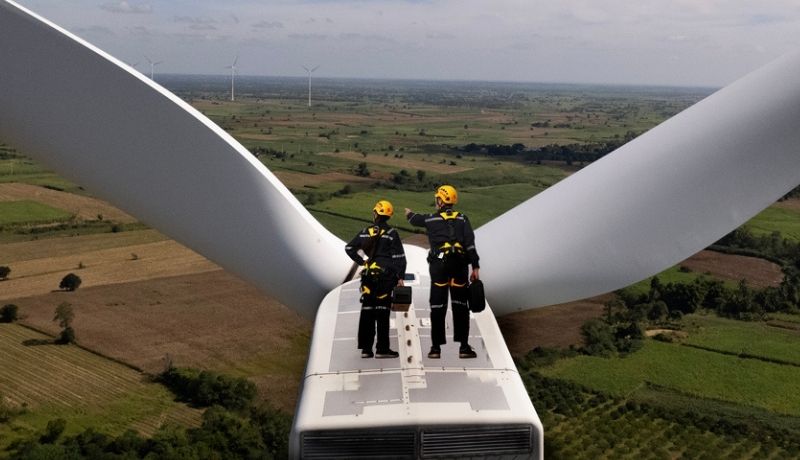In the fast-paced world of energy and infrastructure, it's not uncommon for professionals to contemplate a change in jobs to explore fresh challenges, better remuneration, or specialized roles. Yet, it's pivotal to understand how switching roles might shape your long-term career path. In this article, LVI Associates will explore essential points that energy and infrastructure professionals should contemplate before switching jobs.
Alignment with Specialization
Energy and infrastructure professionals often have specialized skills, so it's vital to assess whether a new job aligns with your specific area of expertise. A seamless transition into a role that complements your skills can lead to a quicker and more productive adaptation into a new position, but moving into a new niche can open up new career options in the future.
Industry Sustainability and Innovation
The energy and infrastructure industry is undergoing rapid changes, with a growing emphasis on sustainability and innovation. Before making a career move, research your prospective employer's commitment to sustainability practices, renewable energy, and technological innovations, as a company that values these principles can enhance your long-term career prospects.
Safety and Risk Management
The energy and infrastructure sector often involves high-risk environments. Assess an organization's commitment to safety and risk management, as companies with strong safety cultures can provide a safer work environment and often better overall well-being.
Project Size and Complexity
Projects in the energy and infrastructure industry vary in size and complexity, so evaluate whether a new job offers projects that align with your interests and career goals. Complex projects can offer skill development and future opportunities for similar work.
Company Size and Structure
The size and structure of a company can influence your job responsibilities and advancement opportunities. Smaller firms may provide a wider range of responsibilities, allowing for rapid career development, while larger corporations may offer more specialized roles and access to extensive resources. Consider how the company's size and structure align with your career objectives.
Professional Development and Training
Professional development is integral to career growth, so consider whether a new job provides opportunities for learning and progression. Companies that invest in employee development through training, mentorship programs, and access to resources can be more conducive to long-term career development.
Compensation and Benefits
Energy and infrastructure professionals often command competitive compensation. Evaluate total compensation packages, including salary, bonuses, benefits, and any additional perks offered by potential new employers, ensuring that they meet your expectations and industry standards.
In summary, while the engineering sector offers a myriad of opportunities, frequent job changes should be considered carefully. By assessing your alignment with your specialization, staying informed about sustainability and innovation, company sizes and projects, and other vital aspects, you can make an informed decision that aligns with your expertise, values, and long-term career aspirations.
If you're navigating a potential career transition in energy and infrastructure, LVI Associates is here to provide expert guidance and insights.
